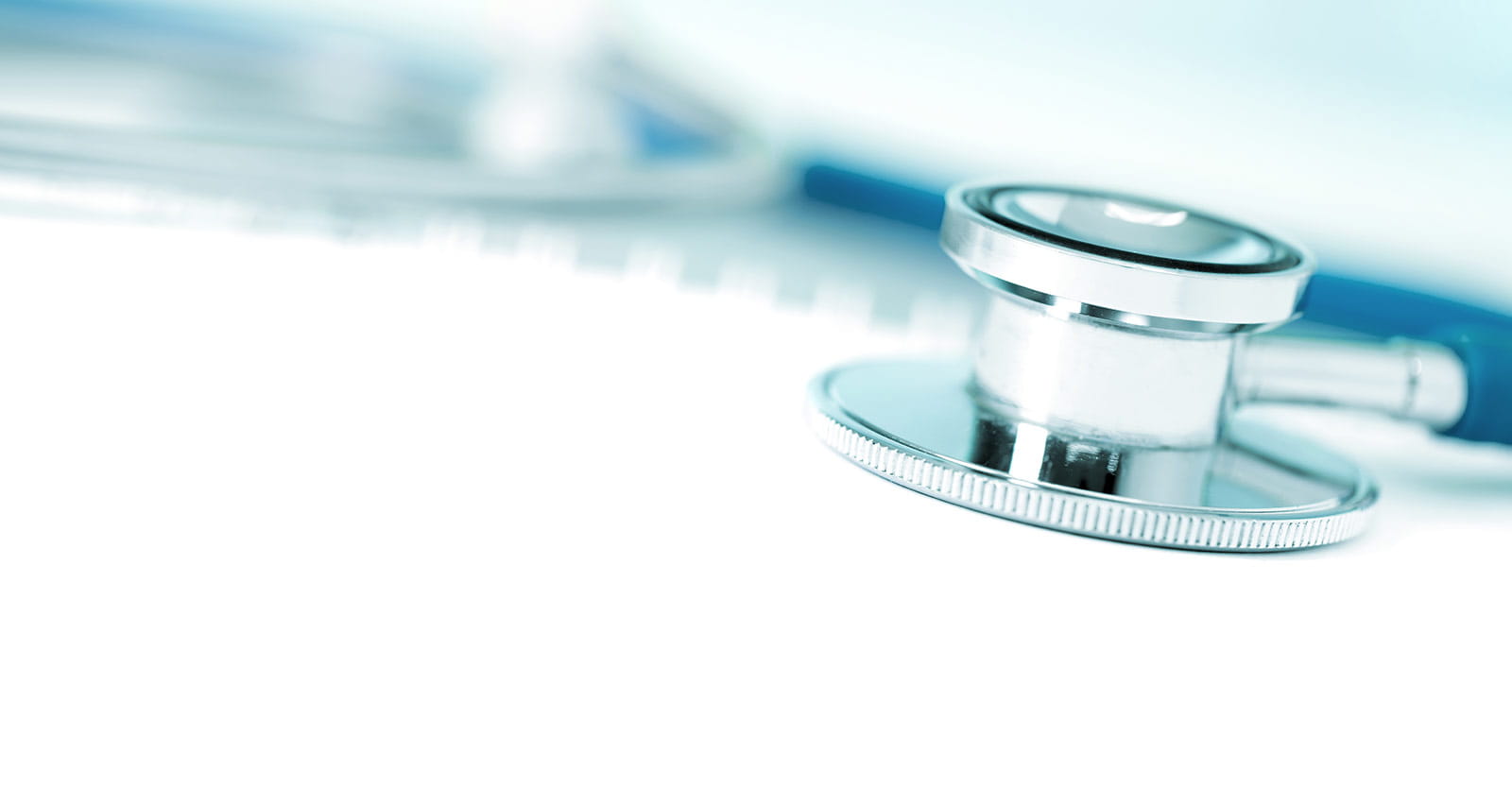
Sick Sinus Syndrome
Heart rhythm experts at University Hospitals Harrington Heart & Vascular Institute specialize in the diagnosis and treatment of the complete range of heart rhythm disorders, including sick sinus syndrome.
Make An Appointment
Call 216-844-3800 to schedule an appointment.
Find a UH heart rhythm expertWhat Is Sick Sinus Syndrome?
Sick sinus syndrome is relatively uncommon type of abnormal heart rhythm that affects the heart's natural pacemaker – the sinoatrial (SA) node – which generates the electrical impulses that cause the heart to contract. People with sick sinus syndrome experience slow heartbeats, long pauses between heartbeats or irregular heartbeats (arrhythmias).
Sick Sinus Syndrome Symptoms
Most people with sick sinus syndrome have few or no symptoms. Because symptoms may be mild or come and go, they may be difficult to notice at first. Symptoms may include:
- Rapid, fluttering heartbeats (palpitations)
- Chest pain or discomfort
- Dizziness or lightheadedness
- Confusion
- Fatigue
- Fainting or feeling like are about to faint
- Shortness of breath
- Slow pulse (bradycardia)
Sick Sinus Syndrome Causes
Causes of sick sinus syndrome include:
- Age-related injury or breakdown of your heart’s electrical route or SA node.
- Injury to the SA node sustained during hearth transplant surgery.
- Certain medicines taken for high blood pressure or arrhythmia.
- Genetics.
- Metabolic problems.
Other heart conditions, such as heart failure and atrial tachyarrhythmias, can cause sick sinus syndrome. Other health problems that can lead to sick sinus syndrome include inflammation, sarcoidosis, collagen vascular disease, muscular dystrophy or cancer that has spread. In some patients, the cause of sick sinus syndrome is unknown.
Sick Sinus Syndrome Diagnosis
If your healthcare provider suspects sick sinus syndrome, they will order an electrocardiogram (ECG), a test that records the heart’s electrical activity on a graph. Other tests your doctor may order include:
- Exercise stress test: Involves walking on a treadmill or pedaling a stationary bike while your heart activity is monitored. A stress test shows how the heart reacts to exercise. Sometimes an echocardiogram is performed as part of the test.
- Cardiac event recorder: Typically worn for about 30 days, this device records heart activity only at certain times for a few minutes at a time. You push a button when you feel symptoms. In addition, some event recorders automatically record when they detect irregular heartbeats.
- Electrophysiological (EP) study: In this test, your doctor guides one or more flexible tubes (catheters) through a blood vessel to different areas of the heart. Sensors at the tips of the catheters record the heart's electrical signals and can show where incorrect heart signals begin in the heart.
- Echocardiogram (or echo): Uses sound waves to create a moving picture of the heart. In addition to showing the structure of the heart and its valves, this test can reveal areas of poor blood flow in the heart.
Sick Sinus Syndrome Treatment
If you don’t have symptoms, your sick sinus syndrome may not need treatment. If you do have symptoms, treatment options include:
- Medication change: Your doctor may change your medications if you are taking any that can cause sick sinus syndrome.
- Blood thinners: Because sick sinus syndrome increases the risk of stroke-causing blood clots that can form in the heart, you may need to take a blood thinner as a preventive measure.
- Pacemaker: The most common treatment for people whose sick sinus syndrome causes symptoms but does not have a treatable cause is a pacemaker. Implanted under the skin near the collarbone through a minor surgery, a pacemaker stimulates the heart as needed to maintain a regular heartbeat.
Make An Appointment
Call 216-844-3800 to schedule an appointment.


